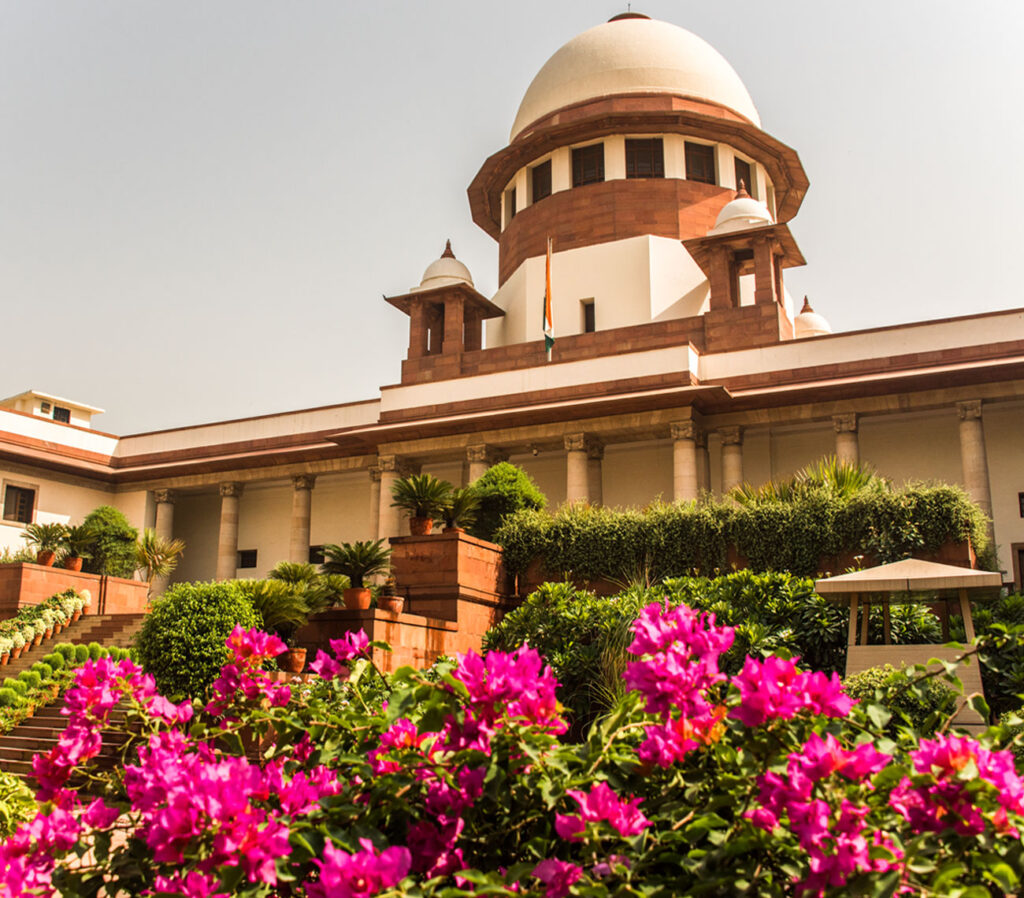New Delhi, April 27. Chief Justice of India D.Y. Chandrachud said on Thursday that a regular bench of the Supreme Court would examine the legality of the contentious 30-day notice period in the Special Marriage Act mandating a public notice before every marriage solemnized under the Act.
The CJI said this during a hearing on a host of pleas to recognize same sex unions or marriage equality between homosexual and heterogenous couples. “We can place the notice period issue before a regular bench,” the CJI said.
The notice which carries the names of the parties intending to get married under the Act are pasted in public inviting opposition to the union. Those oppose to the provision say that it allows lynch mobs to come out against the union and places them at a huge risk.
The Special Marriage Act, also know as the mini uniform civil code, allows couples of different faiths and castes to marry under a secular law. The marriage is solemnized in presence of a judicial officer. The only hitch in the law is the notice clause, which is also sent to their respective home addresses.
If the parents are opposed to the union, it also bodes ill for the couple seeking to tie the knot. Similar provisions are also found in some recent anti-conversion laws brought in by many states ruled by the BJP. The provision requires the marriage officer to display the public notice for a month.
The top court had earlier slammed this notice as patriarchal. It had also said that this provision was an invasion of the couple’s privacy as it has their names such as their names, phone numbers, date of birth, occupation and addresses.
“This is based on patriarchy. These laws were made when women did not have an agency,” Justice Ravinder Bhatt had then said.
CJI D.Y. Chandrachud had then also voiced his concern about the impact of such a requirement on the minorities, marginalised and vulnerable sections of society.
The bench had then conceded that it was against the principle of decisional autonomy for parties seeking to get married under the law.
The remarks had come amidst arguments by senior advocates Abhishek Manu Singhvi and Raju Ramachandran against this clause.
Singhvi, who is arguing for those seeking legal recognition for same sex marriages, said that the provision impinged on the fundamental rights of the parties to personal autonomy and privacy.
Ramachandran dubbed them as retrograde and obnoxious.
The court move to refer the issue to a regular bench assumes significance in the light of an earlier refusal to deal with the issue while hearing a PIL.


